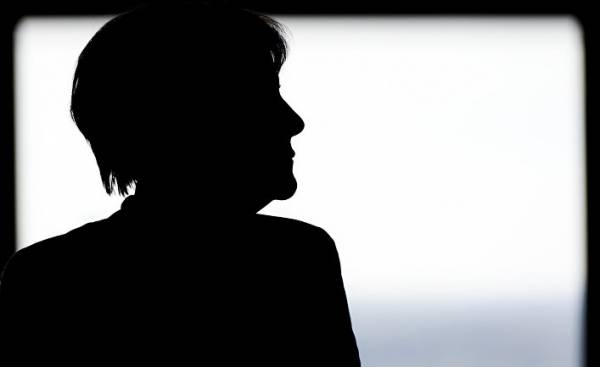
Germany on Wednesday officially unveiled a landmark bill on social media, which can quickly turn this country into a test case in the fight against spreading “false news” and of hostility to the West.
The expected bill is also highly controversial, critics condemn it as restricting freedom of speech. If adopted, which now seems quite probable that this measure will force the major media such as Facebook and Twitter to quickly delete the “fake news” that provoke hatred, and other “criminal” content. Otherwise they will be fined up to 50 million euros (53 million dollars).
The reign of German Chancellor Angela Merkel agreed on a bill Wednesday that allows to speak about high probability of approval in the German Parliament before national elections in September. In fact, this step is the reaction of Germany to the barrage of “fake news” during last year’s elections in the United States, and officials are trying to prevent the recurrence of such attacks here. “Fake news” has already appeared in Germany.
One falsely claimed that last year a German girl of Russian origin was raped by the seekers. Said a high-ranking Russian officials. It seems that these messages were directed against the open door policy Merkel. Now Merkel is busy with the tense campaign as running for a fourth term.
“Providers of social networks are accountable when their platforms are being misused, and to call for crimes of hate or distribution of illegal “fake news,” he said in his statement, the Minister of justice of Germany Heiko Maas. The proposed law would apply only within Germany. But Maas said on Wednesday that he would seek the application of similar measures in the European Union.
Some European countries have also sought to counter the “false news”. Recently in the Czech Republic established a special group that is responsible for exposing false reports. However, according to experts, if the measure of Germany becomes law, then the Western powers, it will be the bold step towards monitoring content on social networks. Depending on how obviously false or illegal is the message, companies will only have 24 hours to remove it.
In addition to the “fake news” and statements of hate, the bill will focus on messages that qualify as incitement to terrorism and dissemination of child pornography. Officials called the surge of hatred on the Internet one of the main factors behind rising violence of the extreme right in Germany, including the burning of the centres for refugees and attacks on police officers. “Germany sees itself as a pioneer,’ said Marcus Beckedahl, the famous German Internet activist and blogger. It is a solo attempt… but the European Commission will certainly follow closely what Germany is doing”. However, the broad nature of the bill has prompted critics to call it excessive, it risks becoming actual censorship.
Stephan Scherzer, Chairman of the Association of German magazine publishers, said that this measure can transform a large company in the field of social media in “police private opinions.” Policies of the green party Renate künast told radio ARD, that the bill could lead to “a drastic limitation of freedom of speech, because that will only result in a delete, delete, delete”. One of the companies which are most likely to be affected by the bill, will be “Facebook”, which seeks to circumvent such laws by adopting voluntary measures to curb the proliferation of “fake news”. The company reiterated the concern that the bill would be a mistake to impose corporate rule on the legality of the content, although such decisions should be taken by the German courts.
“We work very hard to remove illegal content from our platform and are committed to working with others to solve this problem, — said in a statement. — According to experts, this law will force the private companies, and not the courts to decide what is illegal in Germany.” But officials in Germany say that companies social media is simply not fast enough to cope with messages that are detrimental.
Maas cited the example of statistics that show that “Facebook” was quickly removed only 39% of illegal content, which was notified while Twitter quickly deleted, only 1% of messages specified in the user complaints. According to officials, instead of having to set a new standard, they are simply forced social media to comply with applicable laws governing incitement to hatred and incitement in Germany.
The laws of incitement and defamation is much broader than in the United States. For example, the laws on the books forbid to discredit German leaders to deny the Holocaust as a crime. “Social networks should be as little room for unlawful hostility, as in the street, said Maas. — For the sake of victims of crimes of hatred, we must more actively to achieve this”.







